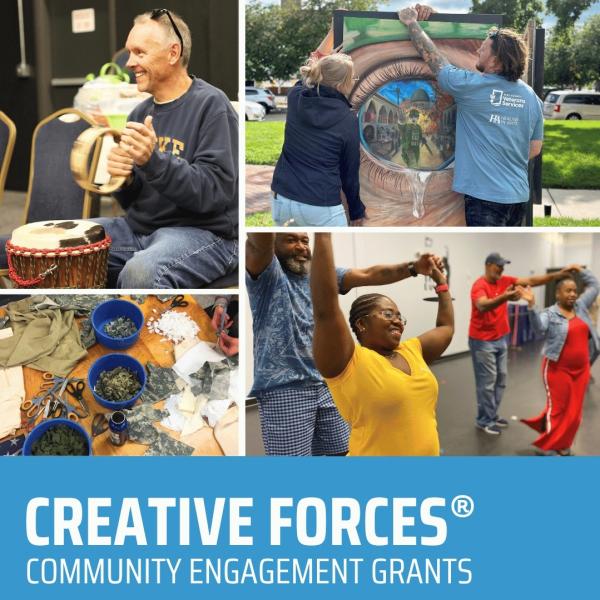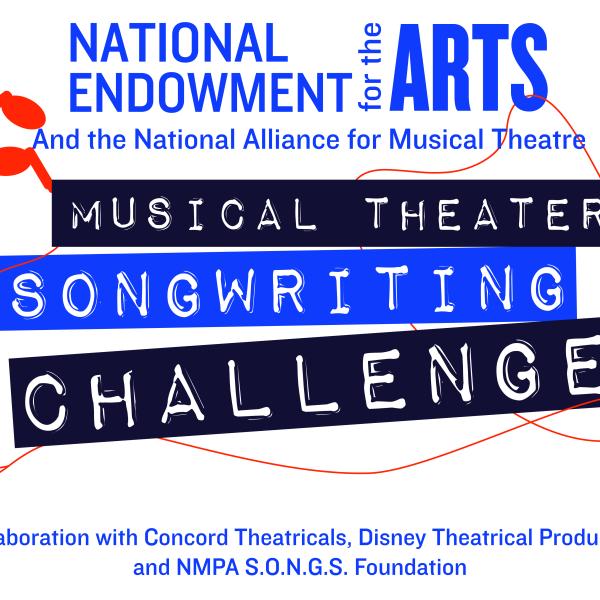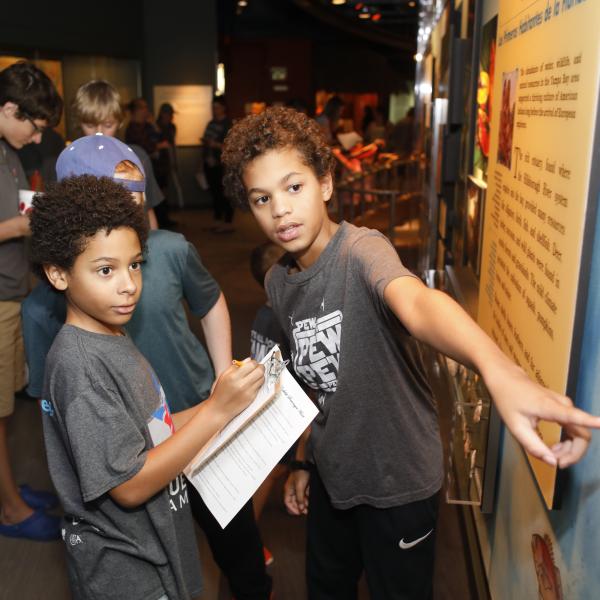National Endowment for the Arts Chairman Jane Chu Participates in Repatriation Ceremony of Oglala Lakota Cultural Artifacts

Rapid City, SD— In a Nation-to-Nation repatriation ceremony today in Rapid City, South Dakota, National Endowment for the Arts Chairman Jane Chu, on behalf of the American Folklife Center at the Library of Congress, returned rare audio recordings of traditional Oglala Lakota sacred and secular music to the Oglala Sioux Tribe and to Oglala Lakota College’s library and archives. These audio recordings are part of collections currently housed at the American Folklife Center and include some of the earliest recordings of Oglala people. The return of these audio recordings will help support Oglala Lakota cultural and linguistic revitalization efforts.
Chairman Chu participated in this ceremony in her capacity as an ex-officio board member of the American Folklife Center. The ceremony took place as part of Tusweca Tiospaye, the Lakota-Dakota-Nakota Language Summit, and also included Oglala Sioux Tribe President John Steele, representatives of Oglala Lakota College, and Mike Carlow, founder and director of Tusweca Tiospaye and community liaison for the White House Initiative on Youth and Education at Pine Ridge.
“With the repatriation of these Oglala Lakota audio recordings to their rightful owners, we bring with us an understanding and deep appreciation for the Oglala Sioux Tribe,” said NEA Chairman Jane Chu. “We hope that today’s events will complement the broadening and deepening of our work together and will further strengthen the voice and spirit of the Oglala Sioux Tribe.”
“The Oglala Sioux Tribe appreciates the preservation and repatriation of these significant cultural language records, and the federal government’s commitment to returning them to our people. It is important for our children to be immersed in our language, and will continue toward the preservation of our culture for the next seven generations. For that I am grateful and appreciative,” stated Oglala Sioux Tribe President John Steele.
“On behalf of the Library of Congress, I am honored to offer these newly digitized copies of rare sacred and secular Oglala Lakota songs to the Oglala Sioux Tribe, and to the library and archives of Oglala Lakota College, to assist in linguistic and cultural heritage efforts,” said Librarian of Congress Carla Hayden. “We are proud to participate with the National Endowment for the Arts in collaboration with the White House Initiative on American Indian and Alaska Native Education to identify federal resources that support these important cultural programs.”
The materials digitized for repatriation are from two collections. The first includes nine Sun Dance songs sung by George Fire Thunder and Thunder Bear that were recorded onto wax cylinders on March 31, 1896, by ethnologist Alice Cunningham Fletcher. These are likely the earliest recordings of Oglala people. The second collection consists of roughly eight hours of recordings made by ethnomusicologist Willard Rhodes on the Pine Ridge Reservation from 1941-1947, and includes children’s songs, songs related to World War II, social dance songs, songs from specific societies, honoring songs, as well as songs from several ceremonies. These recordings were taken as part of field documentation by the United States government that began in the 1880s to create permanent record of indigenous cultural life before the implementation of the government’s 19th and 20th Century policies of assimilation of American Indian and Alaskan Native communities. The American Folklife Center is digitizing the audio at no cost to the NEA or to the Oglala Sioux Tribe.
In 2015, the White House designated the Pine Ridge Indian Reservation as a Promise Zone , and launched an interagency federal-community collaboration led by the U.S. Department of Agriculture with the Oglala Lakota people of Pine Ridge and the Oglala Sioux Tribe focused on the youth, capacity building, and the land and built environment. At a series of community round tables in 2015 as part of the Pine Ridge Promise Zone initiative, community members articulated the need and desire for resources and programs that will revitalize and sustain Lakota linguistic and cultural fluency among Lakota youth. In response to this, the National Endowment for the Arts collaborated with the White House Initiative on American Indian and Alaska Native Education (U.S. Department of Education) to identify federal resources that might be connected to community-based language and cultural efforts. The transfer of these artifacts by the American Folklife Center is one result of this effort.
About the National Endowment for the Arts
Established by Congress in 1965, the NEA is the independent federal agency whose funding and support gives Americans the opportunity to participate in the arts, exercise their imaginations, and develop their creative capacities. Through partnerships with state arts agencies, local leaders, other federal agencies, and the philanthropic sector, the NEA supports arts learning, affirms and celebrates America’s rich and diverse cultural heritage, and extends its work to promote equal access to the arts in every community across America. This year marks the 50th anniversary of the National Endowment for the Arts and the agency is celebrating this milestone with events and activities through 2016. Go to arts.gov/50th to enjoy art stories from around the nation, peruse Facts & Figures, and check out the anniversary timeline.
About the American Folklife Center
The American Folklife Center was created by Public Law 94-201, The American Folklife Preservation Act, which was signed into law by President Gerald Ford on Jan. 2, 1976. The law placed AFC at the Library of Congress to "preserve and present American Folklife" through programs of research, documentation, archival preservation, reference service, live performance, exhibition, public programs and training. The center includes the American Folklife Center Archive of Folk Culture, which was established in 1928 and has become one of the largest collections of ethnographic material from the U.S. and around the world. The archive includes about 6 million sound recordings, manuscripts, photographs and other items -- 5 million of which have been acquired in the last 40 years.
About the Library of Congress
The Library of Congress, the nation’s first-established federal cultural institution, is the world’s preeminent reservoir of knowledge, providing unparalleled collections and integrated resources to Congress and the American people. Many of the Library’s rich resources and treasures may also be accessed through the Library’s website, loc.gov.
# # #




